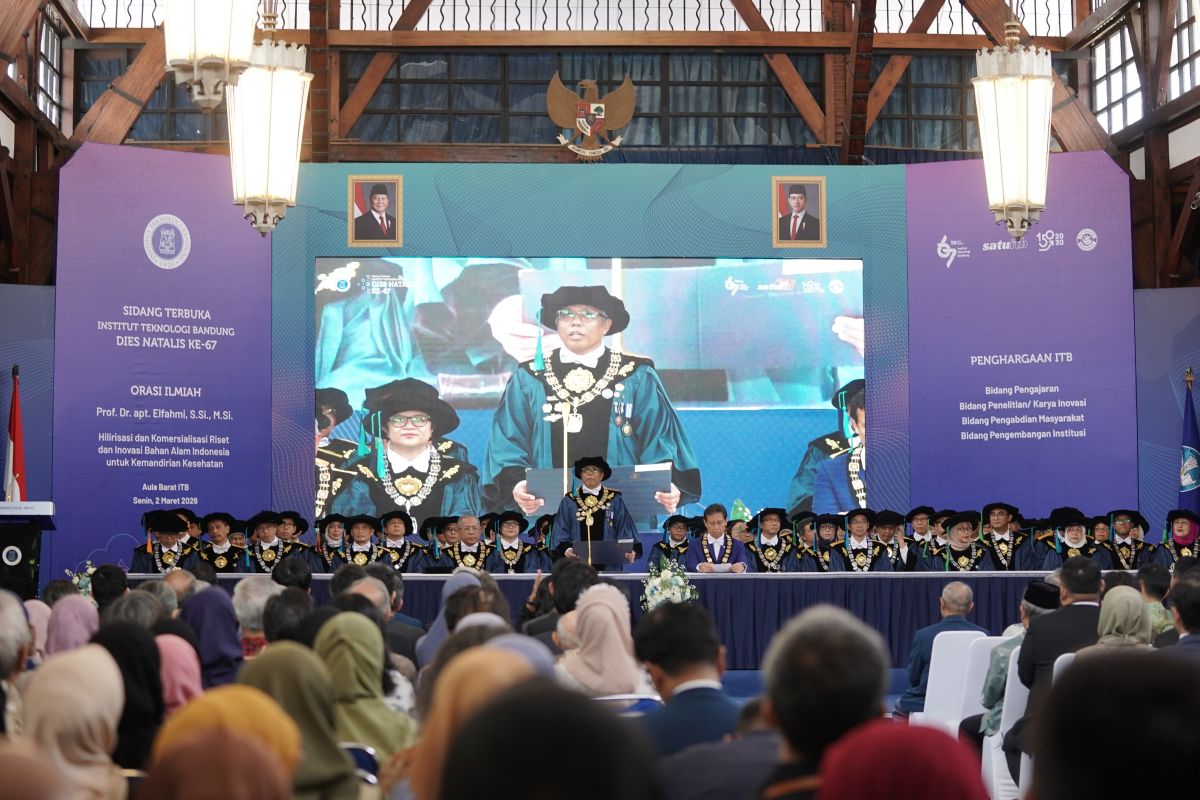ITB Canteen Training, Improve Hygiene Environment for Food and Beverage at ITB
By Luh Komang Wijayanti Kusumastuti
Editor Luh Komang Wijayanti Kusumastuti


Health is an important element in carrying out the activity. One thing to keep the civitas academica healthy is through food. Food hygiene will avoid consumers from various diseases. Canteens and kiosks in the ITB is one factor in maintaining the academic community health in ITB. It's important to every manager and employee canteen to sell or serve food and beverages hygiene. This background made K3L to carry out training for managers and employees in the canteen and kiosk in ITB.
Participants who are manager and an employee of canteen and kiosks at ITB environment have been given explanations on important matters related to food and beverages, as well as the duties and obligations as a presenter food. The event was opened by the Head of K3L ITB, Dr. Yogi Wibisono Budhi, ST, MT. In addition to providing the material, in this event also carried the game to recall the material as well as the introduction of food and beverage inspectors carried out by the Lebak Siliwangi health center (Puskesmas) staff. Rewards Anhar delivered the material with the headline 'Congenital Diseases Food'.
The principle of sanitary hygiene of food and drinks delivered by Siti Widianingrum to all participants who are 45 people on the first day of training. Second session held in early June also delivered some materials, among gradually 'Vector Control and Pest Animals', 'Food Additives and Ingredients Dangerous', and 'Personal Hygiene'. Moreover, in practice, there was also testing the food to determine the foods that contain harmful additives. So that participants can directly know ingredients which are safe for use in foods and present.

.jpeg)
.jpg)
.jpg)

